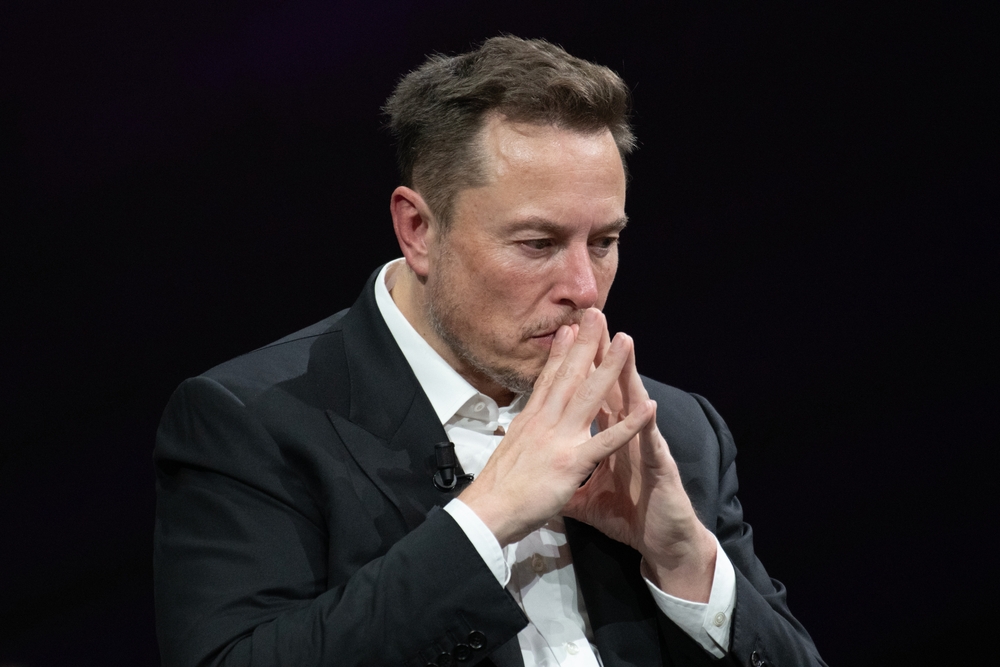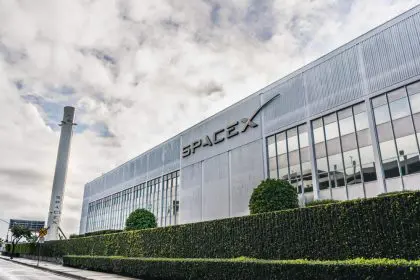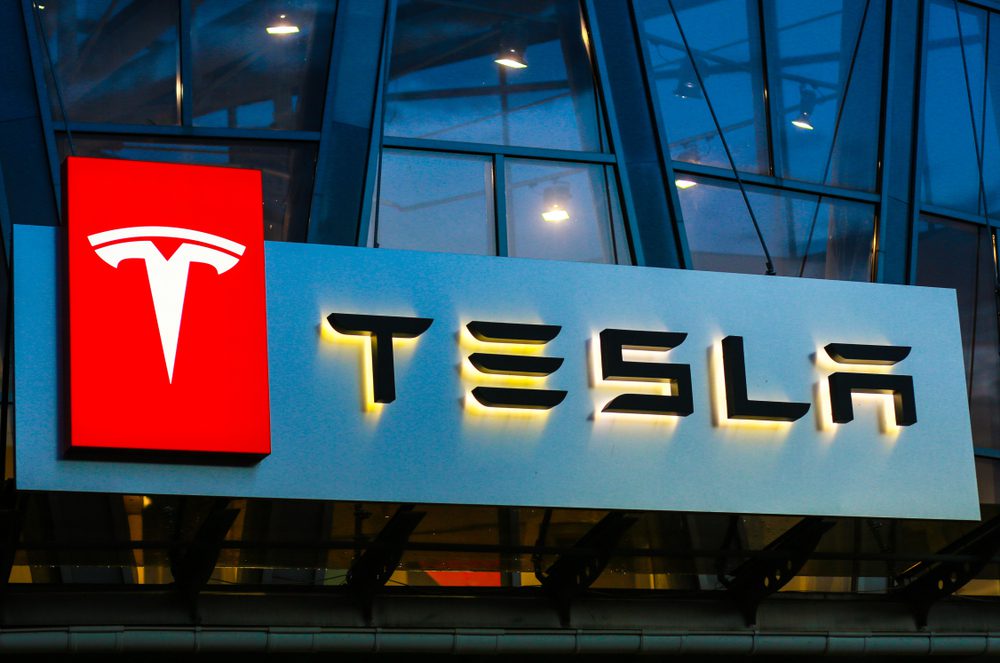A comprehensive investigation by The New York Times has revealed extensive details about Elon Musk’s pharmaceutical regimen, including a daily medication collection of approximately 20 pills that accompanies him during travel. Sources familiar with the billionaire’s habits described a pill organizer containing various medications, with stimulant Adderall specifically marked separately from other substances.
The revelations emerged as part of broader reporting on Musk’s brief tenure with the Department of Government Efficiency, a role that began with intensive campaign involvement and concluded with his departure from the federal position. The period coincided with personal challenges and what sources described as intensified pharmaceutical use beyond previously documented levels.
Government role coincides with personal challenges
Musk’s involvement with the efficiency department occurred during a particularly complex period in his personal life that included overlapping romantic relationships and legal disputes involving his children and their mothers. The convergence of professional responsibilities, personal drama, and reported substance use created a challenging environment that ultimately contributed to his departure from government service.
Sources familiar with his activities during this period confirmed to The Times that his pharmaceutical use exceeded levels that had been previously reported or acknowledged publicly. The intensity of his government involvement, combined with his existing business responsibilities, appeared to contribute to increased reliance on various substances.
The efficiency department role required substantial time and energy commitments that added to Musk’s already demanding schedule of managing multiple companies including Tesla, SpaceX, and X. The additional government responsibilities may have contributed to increased stress levels that influenced his pharmaceutical usage patterns.
Ketamine use reaches concerning levels
According to the investigation, Musk informed associates that his ketamine consumption had reached levels that were causing physical side effects, specifically bladder problems that can result from heavy use of the dissociative anesthetic. This revelation suggests usage patterns that exceed typical therapeutic recommendations for the prescription medication.
The reported ketamine use occurred alongside consumption of other substances including MDMA and psilocybin mushrooms, creating potential interaction concerns that medical professionals typically advise against. The combination of multiple psychoactive substances raises questions about medical supervision and safety protocols.
Sources indicated that Musk’s ketamine use had become a daily occurrence, often combined with other substances, representing a significant escalation from his previously acknowledged therapeutic use every other week. This pattern suggests potential dependency issues that extend beyond prescribed medical treatment.
Historical context of public admissions
Musk has maintained relative transparency about certain aspects of his substance use throughout his public career, beginning notably with his 2018 appearance on Joe Rogan’s podcast where he smoked marijuana during the interview. The incident generated significant controversy and regulatory scrutiny, particularly given his leadership roles at aerospace and automotive companies.
In subsequent interviews, Musk has discussed his prescribed ketamine use for managing depression, describing small doses taken every other week or less frequently to address what he characterized as negative chemical states. He emphasized that his usage occurred under medical supervision with proper prescriptions from licensed physicians.
The billionaire has consistently defended his pharmaceutical use as necessary for managing his demanding work schedule, which he describes as requiring 16-hour days across multiple companies. His public statements have generally portrayed his substance use as controlled and medically appropriate.
Wall Street Journal reporting adds context
Previous reporting by The Wall Street Journal had documented Musk’s recreational drug use at private gatherings where attendees were required to sign non-disclosure agreements or surrender their phones. The parties allegedly involved substances including LSD, cocaine, MDMA, and psilocybin mushrooms.
These reports suggested that Musk’s substance use extended beyond therapeutic ketamine to include recreational drugs consumed in social settings with business associates and other wealthy individuals. The private nature of these gatherings, with strict confidentiality requirements, suggests awareness of potential reputational or legal consequences.
The Journal’s investigation indicated that Musk’s drug use occurred in contexts that could influence business relationships and decision-making processes, raising concerns about potential impacts on his various companies and their shareholders.
Medical and legal implications
The reported pharmaceutical regimen raises questions about medical supervision and potential interactions between different substances, particularly when combining prescription medications with recreational drugs. Medical professionals typically advise against such combinations due to unpredictable effects and safety concerns.
Musk’s leadership positions at companies with federal contracts, including SpaceX’s NASA relationships, create additional regulatory considerations regarding substance use policies. Federal contractors often face stricter requirements regarding drug use among key personnel, particularly in aerospace and defense contexts.
The daily use of multiple substances, including controlled substances like Adderall and ketamine, requires careful medical monitoring to prevent addiction, dependence, or dangerous interactions. The reported intensity of use suggests potential concerns about appropriate medical oversight.
Corporate governance considerations
Shareholders and board members of Musk’s various companies may face difficult questions about how his reported substance use affects corporate governance and fiduciary responsibilities. Public companies typically have policies addressing executive substance use, particularly when it might impair judgment or decision-making.
The revelation of extensive daily pharmaceutical use during a period of increased business and government responsibilities raises questions about disclosure obligations to shareholders and regulatory bodies. Corporate governance experts often emphasize the importance of transparency regarding factors that might affect executive performance.
Tesla and SpaceX investors may require additional assurances about leadership stability and decision-making capacity, particularly given the companies’ dependence on Musk’s vision and management style. The reported substance use could influence investor confidence and stock valuations.
Personal life complexity adds pressure
The investigation’s timing coincides with reported personal challenges involving multiple romantic relationships and legal disputes over child custody and support arrangements. These personal stressors may have contributed to increased pharmaceutical use as coping mechanisms.
Legal battles involving his children and their mothers create additional emotional and financial pressures that compound his existing business responsibilities. The complexity of managing multiple personal relationships while maintaining demanding professional schedules presents significant stress factors.
The overlap between personal drama and professional responsibilities during his government role created a particularly challenging period that may have influenced his pharmaceutical usage patterns and ultimate decision to leave the efficiency department.
Future implications for public roles
Musk’s departure from the efficiency department may partly reflect recognition that his personal challenges and pharmaceutical use patterns were incompatible with government service requirements. Federal positions often require security clearances and drug testing that could conflict with reported usage patterns.
The investigation’s revelations may affect future opportunities for government roles or federal contracting relationships, as regulatory agencies typically maintain strict policies regarding substance use among key personnel in sensitive positions.
Public disclosure of extensive pharmaceutical use may influence Musk’s approach to future government involvement or force changes in his medication regimens to accommodate security requirements and public scrutiny.
Broader questions about executive accountability
The case raises broader questions about how society should address substance use among powerful business leaders whose decisions affect thousands of employees and millions of shareholders. The balance between personal privacy and public accountability becomes complex when individual choices potentially impact broader communities.
Corporate governance frameworks may need updating to address scenarios where executive pharmaceutical use affects performance or judgment, particularly as mental health treatments become more sophisticated and potentially impairing substances gain therapeutic acceptance.
The intersection of personal medical treatment, recreational drug use, and corporate responsibility creates novel challenges for regulators, shareholders, and the individuals involved in making decisions that affect multiple stakeholders and industries.
Elon Musk’s reported pharmaceutical regimen highlights complex intersections between personal health management, corporate responsibility, and public accountability that challenge traditional frameworks for evaluating executive fitness and decision-making capacity in high-stakes business and government environments.

















